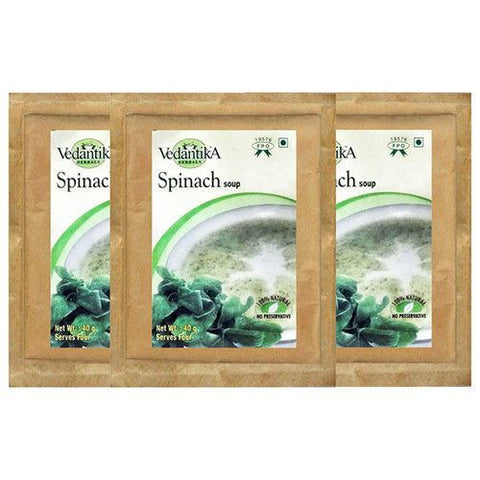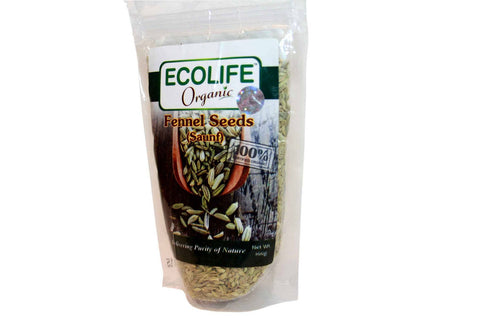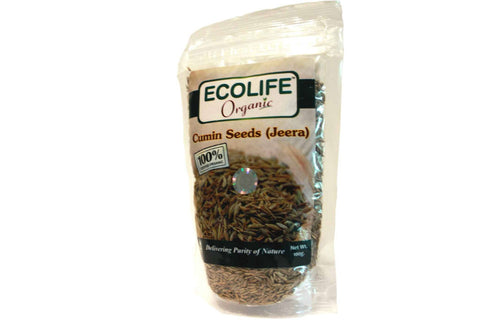
Becoming a mother is surely an out-of-the-world feeling. You make an every possible effort to provide complete nutrition to your newly born baby. Since babies solely depend on milk for nutrition, ensuring a rich quality is vey essential. Doctors do not suggest giving top or bottle feed to babies as infants are easily prone to infection. That is why breast milk is considered the best for babies. It has several healing properties, which keep several types of infections at bay.
For a good amount of breast milk production, it is crucial that lactating mothers should eat properly. It is the nutrition of the food they eat, which gets converted into milk. So, eating right is very important. Here is a list of foods, which can help in boosting the milk production. Just incorporate them in your diet and feed your little one to his complete satisfaction.
- Oatmeal
Oatmeal is superfood for sure. It not only keeps diabetes under check after pregnancy but also provides your body with great energy. Its fiber content boosts good metabolism as well. Lactating mothers should have it regularly to boost milk production in the best. However if you do not like its taste, you can opt for oatmeal cookies.
Oatmeal is an amazing food with a wide variety of precious minerals and nutrients. To know more about various other benefits of oatmeal, click here.
- Salmon
Both Omega 3 and essential fatty acids are essential for lactating mothers. These nutrients help in milk production in the milk. Salmon is a rich source of these fatty acids and therefore, its consumption is essential for nursing mothers.
- Spinach and Beet Leaves
Nutrients like iron, folic acid and calcium are found in abundance in both spinach and beet leaves. Therefore, they are good for both baby and mother. They keep the baby strong and prevent the mother from anemia. They boost milk production so that the baby gets complete nutrition. Also, spinach helps in detoxification of the body and prevents breast cancer too. However, spinach should not be consumed in excess as it may cause diarrhea.
To know more about the benefits of spinach, click here.
- Carrots
Lactating mothers are advised to drink a glass of carrot juice every day. This is so because carrots contain Vitamin A, which not only boost lactation but also improve the quality of breast milk. Moreover, carrots are good for eye health and digestion as well.
- Fennel Seeds
Fennel seeds help in improving the quality of mother’s milk. Also, these seeds aide proper digestion; thus preventing acidity in infants. So, incorporate them to you daily glass of milk or sprinkle them in your bowl of salad. They work as a great mouth freshener as well.
Fennel seeds help in boosting the metabolism process of the body. To know how, click here.
- Fenugreek Seeds
Fenugreek seeds are another great ingredient, which improves breast milk supply. It also improves the quality of milk. If you chew them in sprouted form along with a glass of milk, they can heal your constipation woes post delivery. Incorporate them in your meals and treat your digestion and lactation woes. Learn more about fenugreek here.
- Cumin Seeds
Cumin is one of the oldest ingredients, which helps in boosting breast milk production. Besides, they also help in the process of digestion, thus keeping the mother relieved from indigestion woes. Add these seeds to you curries, curd or in you chapatti to boost lactation. Find out more information about cumin here.
- Bottle Gourd
Bottle gourd is an extremely healthy vegetable. This keeps the water content high in the body, especially in nursing mothers. It also promotes good milk quantity and boosts lactation. It is good for nursing mothers as it provides enough nutrition without keeping making them feel heavy. Also, if its juice is consumed on a regular basis, it regulates the levels of blood sugar in the body, which often increase in the post-pregnancy period.
